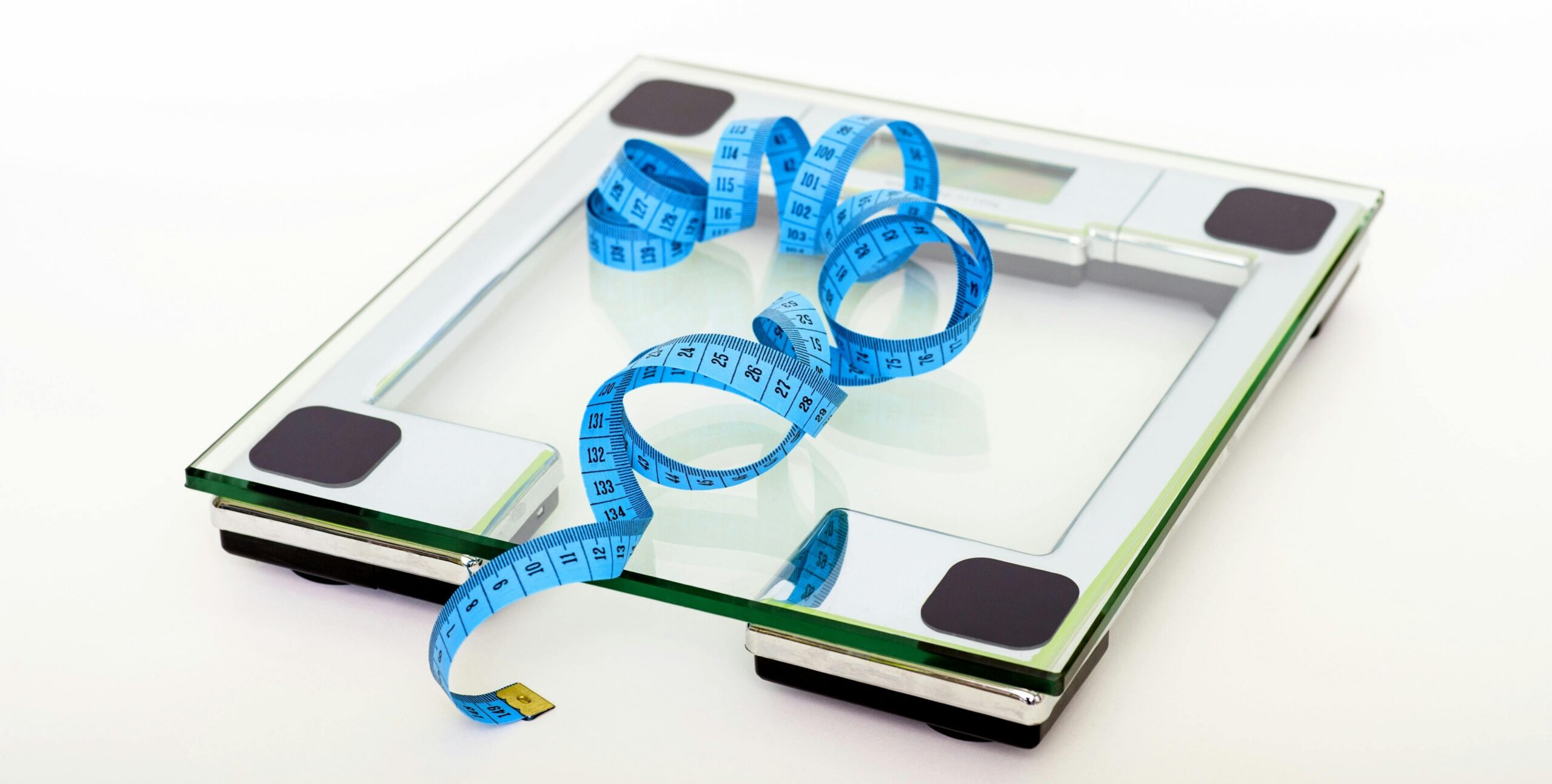This is a post on a health-related topic. We are not medical or other trained health professionals. The information presented here was what learned about ourselves on our journey. Your journey is different and it is best to consult your doctor or other medical professional before making a change. Please see our disclaimer at Before Making Lifestyle Changes before making any changes to diet, activity, etc.
Many of us want control over our weight. Some people want to lose weight. Other people want to gain weight. When we reach our target weight all of us want to maintain that weight. In this post, we will explore one of the most simple concepts in weight management. What we want you to walk away with is an understanding of a couple of really easy concepts to keep in mind the next time you think about your weight goals and meal planning
Consider the Following Traditional Axioms
The formula to gain weight is (Ci > Cn) * t == Wg. If you continually ingest (Ci) more calories than your body needs (Cn), over time (t), your body will store some of those. That is how you gain weight (Wg).
The formula to lose weight is (Ci < Cn) * t == Wl. If you continually ingest (Ci) fewer calories than your body needs (Cn), over time (t), your body will use what it stores to supplement those calories. That is how you lose weight (Wl).
The formula to maintain your current weight is (Ci == Cn) * t == Wm. If you continually ingest (Ci) the same calories that your body needs (Cn), over time (t), your body will remain in balance. That is how you maintain your weight (Wm).
That’s a VERY Broad Generalization
Those statements are very broad and sweeping. In reality, there are many factors to calculate how and why we gain or lose weight. We can’t start with all the nuances though. It is the nuances that take time to understand as they are based on your body and goals, not anyone else’s. This is also why so many people struggle with weight management.
Also, these axioms do not hold 100% true when applied to single forms of nutrition. Getting all of your daily 2,000 calories from bread is not going to have the same outcomes as eating 2,000 calories from fish. Here we need to make some assumptions at the beginning of our journey. These calories come from balanced sources including proteins, carbohydrates, and fats.
We will revisit these nuances later in our journey because they are important. Right now there are so many they will become distractions.
Your Understanding of Yourself Is Key
Understanding what our bodies need in terms of calories to manage our weight is key. Everyone is so different with different lifestyles, body sizes, and genetics. You may be a male competitive gamer in your teens that incurs long periods of sitting. At the opposite end of the spectrum, may be competitive bodybuilding women over 50. You may drive a truck for a living. Someone else’s vocation may be a logger. Everyone requires something different calorie-wise.
Where to start then with the axioms? Basal Metabolic Rate or BMR. BMR is a calculation based on height, weight, gender assigned at birth, and activity level. The calories it calculates are what your body needs to survive (pump blood, breathe, etc.) plus the calories you need for the amount of physical activity you do.
How to Use the BMR
You must decide how to manage your intake to get the gains you want. For me, and my timelines, to reduce my weight I started with reducing by 1000 calories a day from roughly 2700 to 1700 to drop a pound a week. That turned into a roller-coaster ride of false starts and stops. It wasn’t sustainable. I would find out later that this was more about not being truly honest with what my intake and exercise levels were.
In the spirit of honesty that we learned the hard way, here is a link to what activity is and isn’t.
The key is time and consistency. You should keep a daily log of what you eat calorie-wise. You should pick a realistic amount under/over your BMR + adjusted calorie needs for activity. Too little and you won’t see enough change. Too much and it won’t be sustainable. This also means weighing yourself regularly.
Learn to Experiment

One thing we feel is an important thing to make this work for you. Think of it as an experiment, not something that is one-and-done. You gather data and look at it. There is no failure. If something isn’t working, change one thing, and re-evaluate in a week. Did that change help? If not, that is simply more data, not a failure. Experiment, collect data, evaluate, learn, and experiment again until something changes. In that change, you will see what works for you.
At this point, you have the tools to understand how to gain, lose, or maintain your weight. These equations were the spark of a bigger journey and life change for us. They were the realization that some of the most complicated things could be simplified and distilled.
After many years of trial and error, we started making powerful connections to other parts of our lives we could simplify through some basic research, understanding, and taking actionable steps based on the outcomes we wanted.
